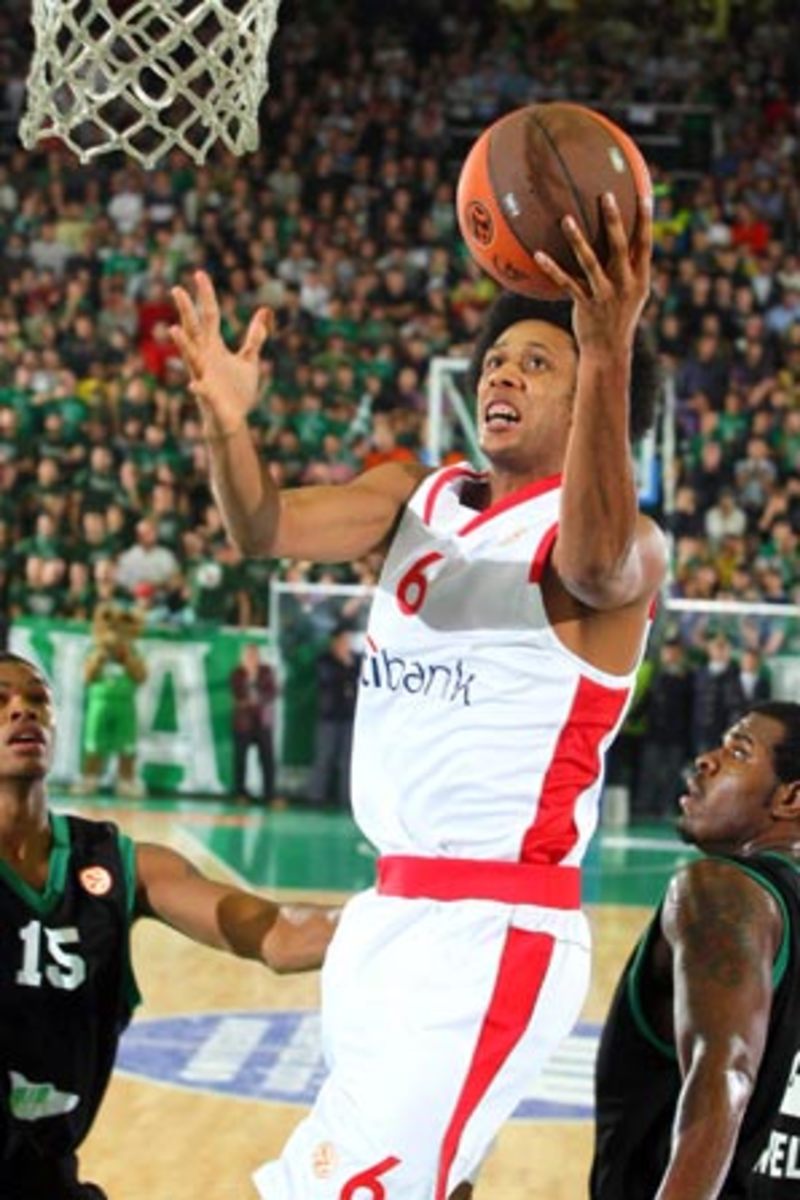American exchange rate dwindles in sports, too
For more than a half-century now, the United States has had a neat arrangement in the international trafficking of athletes. Starting with sending our baseball has-beens to Japan and our never-wases to the Canadian Football League, we were making Uncle Sam look heroic on foreign fields, while giving up nothing of value. Then it got even better and became a terrific favorable rate of exchange when the best foreign athletes started coming over here.
The finest Latin American baseball players took out U.S. visas, as did the top Hispanic jockeys. And too: some of the finest European hockey players, fabulous basketball players from Europe, South America, even China. Escape from the Iron Curtain brought us the likes of Ivan Lendl, Martina Navratilova and Monica Seles.
Then foreigners started winning the dear all-American heartland Indianapolis 500 and the best Japanese baseball players joined the star trek to the United States. After an Australian and a Swede dominated the LPGA tour, so many South Koreans started winning that they tried to make a rule that you had to learn more English words than just "fore" and "you're away" if you wanted to play here.
Never mind this sappy old stuff about give me your tired, your poor, your huddled masses yearning to breathe free. In American sports, it was gimme, gimme, gimme your talented, your most valuable players, your all-stars yearning to make millions.
But as sure as the Yankee dollar has seen the Euro and the pound look like steroid currency, the first inklings of a new athletic export policy have begun to emerge. It is not just that all four of our big-time sport leagues have started scheduling regular-season games across the Atlantic and Pacific. A few hockey players, notably Jaromir Jagr, have opted to play back in Europe.
Even more intriguing are what could be some trend-setting developments in one sport: basketball. Becky Hammon, runner-up as the WNBA MVP last year, became a naturalized Russian citizen, took a $2 million contract to play for a Moscow club team in the WNBA off-season, and became the starting point guard on the Russian Olympic team.
Josh Childress, a star with the Atlanta Hawks, put the NBA in his rear-view mirror and jumped to a team in Athens. And there is even serious talk that the Greek owners will target LeBron James when he is available in 2010. Wouldn't Nike like that? They wear sneakers in Europe, too.
Then an 18-year-old high-school player named Brandon Jennings signed a contract with a team in Rome that may earn him as much as a $1 million. The kid figured why not take the money instead of going through one mandated sham year in an American college, where he'd play for nothing and go to an occasional class to keep up appearances for the NCAA?
Now who knows how the world economic turmoil might knock all this back? Would Jagr have gotten $14 million to go to Russia before the oil market nose-dived? Nonetheless, globalism means, more and more, that in sports, too, we're no longer the only big league on earth.






